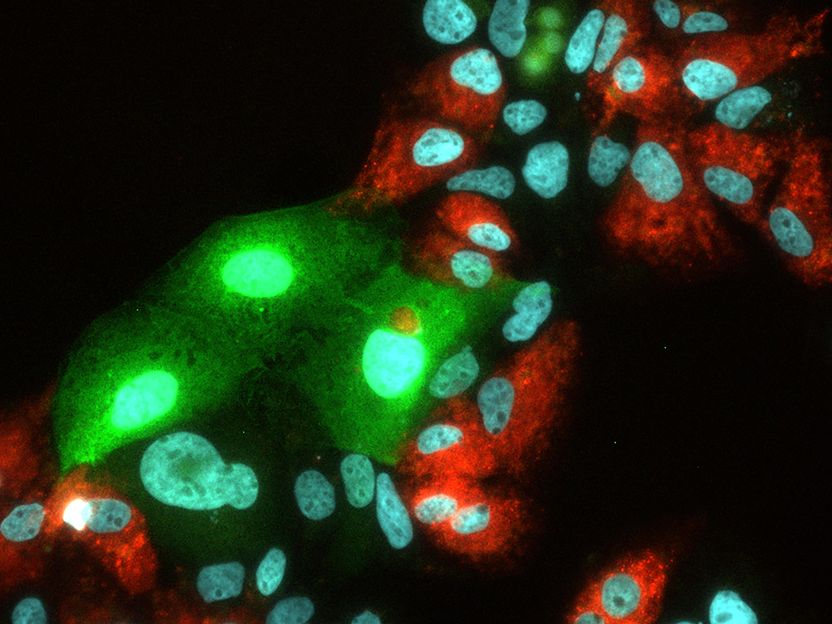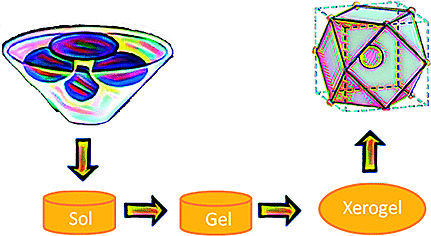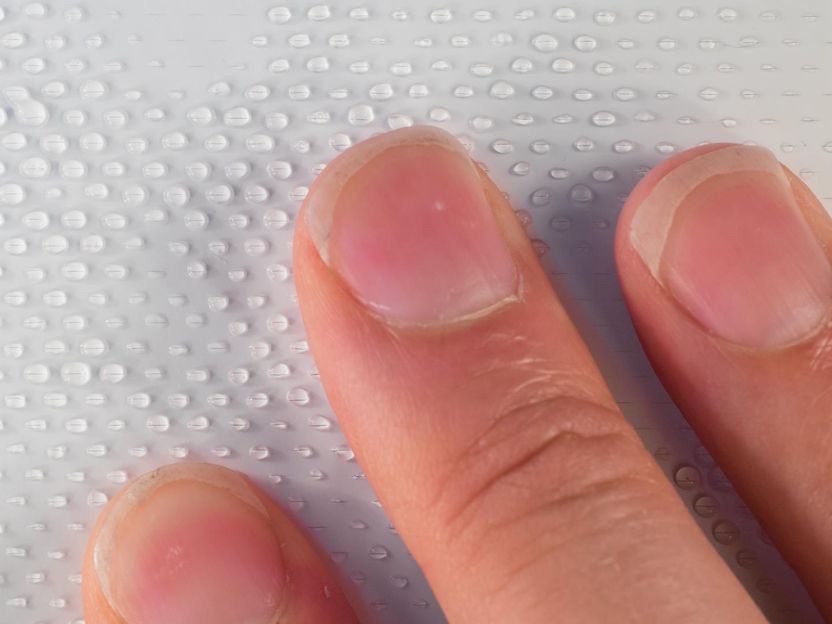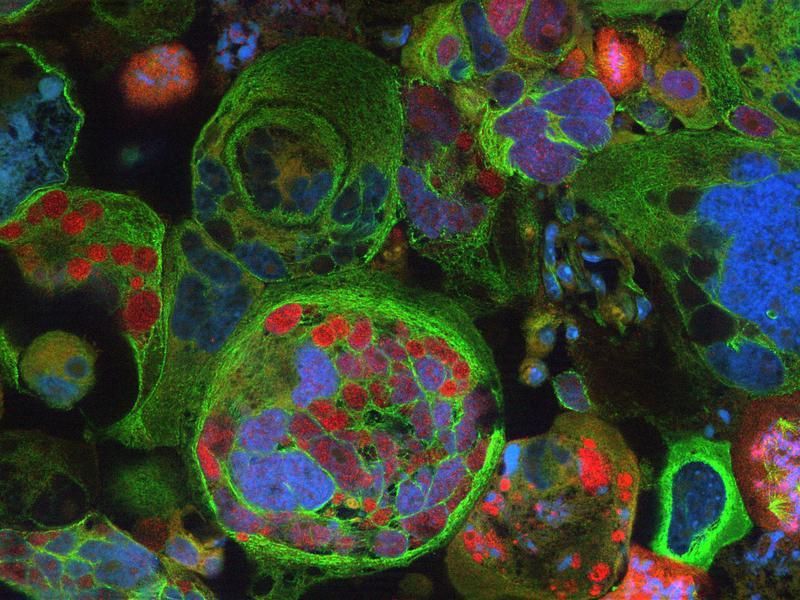Giant snails as pets can be dangerous
They are both scary and fascinating at the same time. Giant snails are becoming increasingly popular as pets. Now researchers are warning
(dpa) Giant African snails up to 20 centimetres long are experiencing a boom as pets in Europe - a Swiss university is now warning against keeping them. The animals could be dangerous to humans, for example by transmitting the rat lungworm. This can cause meningitis in humans, reports a team of scientists from the University of Lausanne in the journal "parasites & Vectors". Around two thirds of the 36 pathogens known in snails could also infect humans.
Popular species for terrariums include the large agate snail (Lissachatina fulica) and the true agate snail (Achatina achatina).
"Social networks are full of photos of people touching animals with their skin or even their mouths," said researcher Cleo Bertelsmeier, according to a statement from the university. She teaches at the Institute of Ecology and Evolution at the Faculty of Biology and Medicine. People believe that the snail's mucus is good for the skin. However, this carries the risk of transmitting the pathogens.
Bertelsmeier and her colleagues had analyzed photos on social media to see how common the giant snails are as pets. Many people are not aware of the risks "to which they expose themselves or their children when they handle the snails, for example when they put them on their face", said co-author Jérôme Gippet.
Agate snails are voracious and reproduce quickly. The International Union for Conservation of Nature (IUCN) includes them on its list of dangerous invasive species and describes them as a pest. The animals eat all kinds of crops and could threaten agricultural land and biodiversity if they spread.
In the specialist article, the team from Lausanne calls for the public to be warned of the health risks and for the trade and possession of these animals to be regulated.
Note: This article has been translated using a computer system without human intervention. LUMITOS offers these automatic translations to present a wider range of current news. Since this article has been translated with automatic translation, it is possible that it contains errors in vocabulary, syntax or grammar. The original article in German can be found here.
Original publication
Other news from the department science

Get the life science industry in your inbox
By submitting this form you agree that LUMITOS AG will send you the newsletter(s) selected above by email. Your data will not be passed on to third parties. Your data will be stored and processed in accordance with our data protection regulations. LUMITOS may contact you by email for the purpose of advertising or market and opinion surveys. You can revoke your consent at any time without giving reasons to LUMITOS AG, Ernst-Augustin-Str. 2, 12489 Berlin, Germany or by e-mail at revoke@lumitos.com with effect for the future. In addition, each email contains a link to unsubscribe from the corresponding newsletter.
Most read news
More news from our other portals
Last viewed contents

I was here first! This is how hepatitis C inhibits hepatitis E - A single protein from one virus can prevent infection with another virus in cell culture
ORYX Presents Positive Phase I/IIa Data with Therapeutic Vaccine MicOryx

A new path through the looking-glass - Innovative experimental scheme can create mirror molecules
MIT biologists find that restoring the gene for cancer protein p53 slows spread of advanced tumors
Domainex to Invest in its Drug Discovery Services and Internal Oncology Pipeline in 2011

For a Better Contrast - Rare earth orthoferrite LnFeO3 nanoparticles for bioimaging

A novel textile material that keeps itself germ-free

Gene identified that could help prevent or delay onset of Alzheimer's disease - Boosting ABCC1 could lessen the production of plaque linked to Alzheimer's development






















































